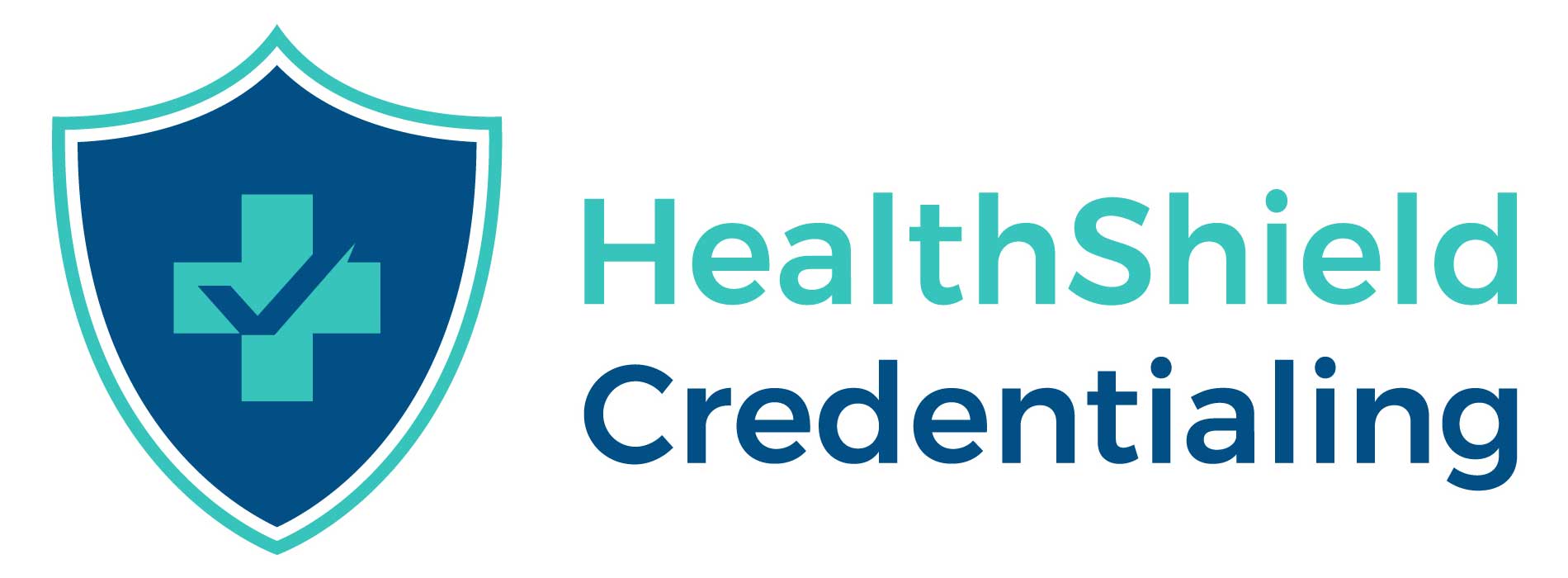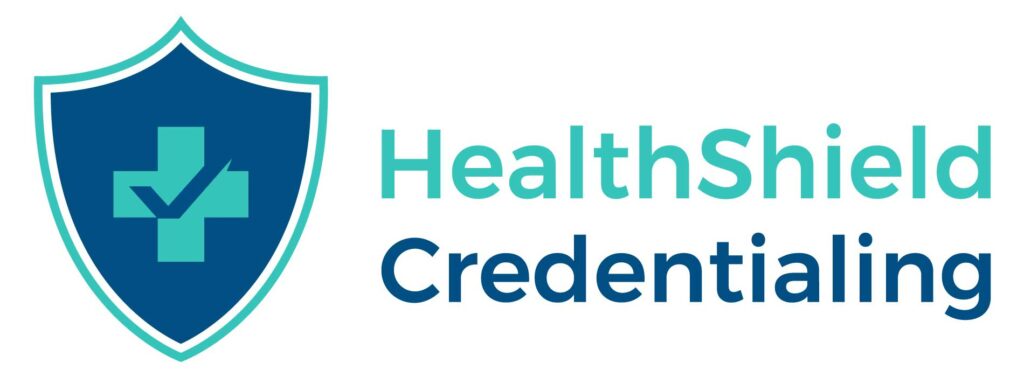From managing expectations to practical tips for maintaining a work-life balance, we aim to equip you with the knowledge and guidance necessary to navigate the holiday season successfully.
How Holiday Assignments Work
For those new to the travel nursing scene, a common question arises: Are travel nurses obliged to work during the holidays? The short answer is no, but the nuances are worth exploring. Holiday shifts may come your way due to the regular rotation of your workdays, or perhaps, as a travel nurse, you might actively choose to immerse yourself in the holiday season for different reasons
Planning Your Holidays
Before jumping into any assignment, it’s crucial to decide where you want to spend the holidays. The beauty of being a travel nurse lies in the flexibility to celebrate wherever you desire—be it at the beach, in the mountains, skiing, or simply indoors doing nothing. Remember, you have the autonomy to opt-out of holiday assignments altogether. The choice is entirely yours.Choosing Shorter, Closer-to-Home Assignments
While you may not always get everything on your wish list, if spending the holidays close to home is a priority, consider signing up for shorter, geographically convenient travel assignments. This not only brings personal benefits but also keeps you near family and friends during the festive season.Understanding Hospital Policies
Each hospital or facility has its own set of policies, and not all of them require travel nurses to work during the holidays. It’s advisable to discuss this during the interview process and have it explicitly stated in your contract. Often, you’ll be asked about your holiday preferences, with your choice integrated into the contractual agreement.The Financial Side: Holiday Pay
Working during the holidays can translate into a boost in income, with higher demand often leading to additional overtime hours, bonuses, and increased base pay. Speak with your recruiter to understand the holiday pay rate for your assignment and ensure it aligns with your expectations.Pros and Cons of Working During the Holidays
Acknowledging that working during the holidays comes with its own set of pros and cons, this article aims to guide you in making an informed decision that suits your preferences. While it may not always be the most appealing choice, remember that your care is essential for patients in the hospital during this time. Additionally, consider the opportunity to come together with colleagues, turning the experience into a positive one and making a meaningful difference in the lives of those you serve.About The Author: HealthShield Credentialing
Despite the hassles and headaches of credentialing, it is important; emotionally and financially, to obtain the jobs and salaries that fit your life. HealthShield can save you time and help you keep your information and documents ready and up to date on a continuous basis. Your information will be available and encrypted on all your devices the moment you need it.
HealthShield is revolutionizing the collection and dissemination of professional information with the creation a user-friendly interface, automated reminders, and the ability to share your information securely with your next employer at the click of a button. Go to https://healthshieldcredentialing.com/ and become a member to see how HealthShield can ensure you are credentialed for your next job with less hassle and in less time.






